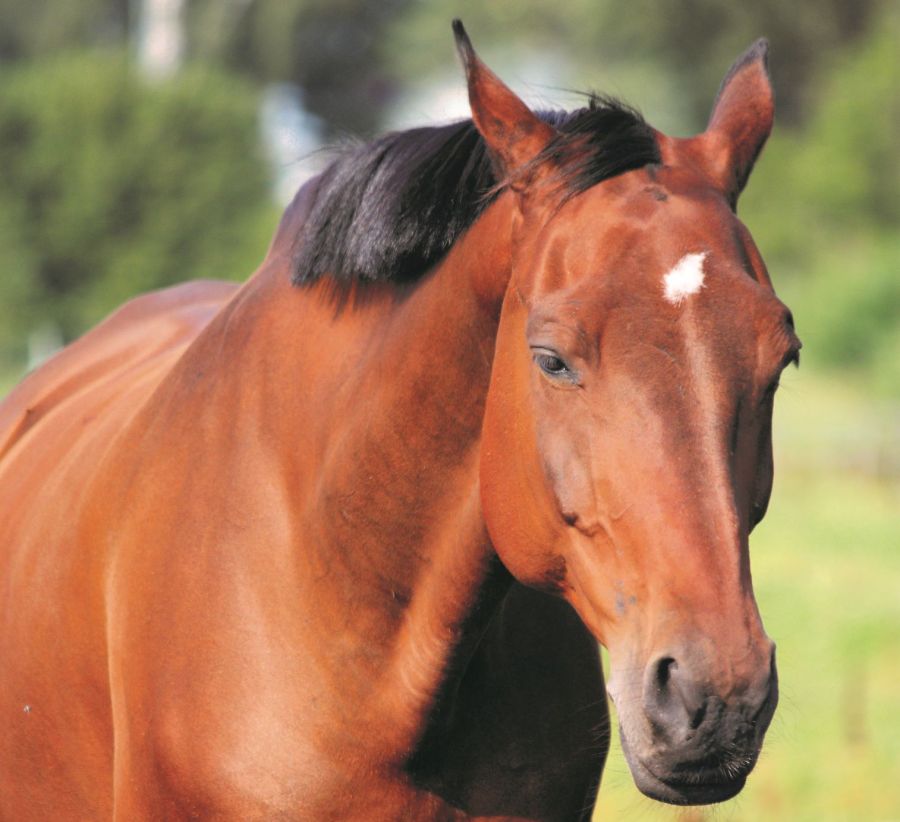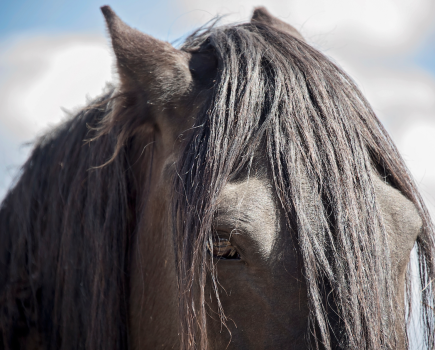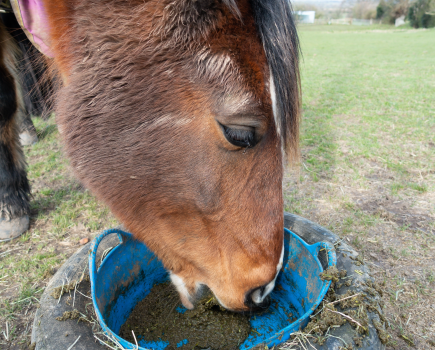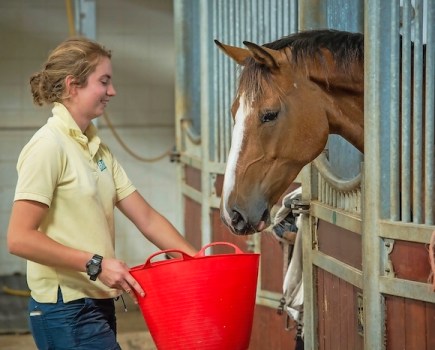Sometimes our horses just aren’t themselves, seeming listless and generally lethargic and not in peak health. We all know that feeling where we’re tired, a bit under the weather and lacking energy. Our horses can feel the same. Lethargy means listlessness, quietness or a lack of vigour. Some owners are unable to put their finger on what is wrong and report their horse as ‘not being quite right’. There are many reasons why a horse could be lethargic, so trying to underpin the root cause is important to enable the correct treatment.
If a veterinary consultation is sought, your vet will ask questions to gain better insight into the patient and what may be causing the issue, as lethargy in horses is a non-specific clinical sign and can have many causes. Important information includes (but is not limited to):
- The duration of ownership
- If the patient has presented with similar clinical signs previously
- Routine preventative healthcare, ie vaccination, worming and dental history
- Current diet
- Any recent management changes
- Current clinical signs
- Duration of clinical signs
- Changes in appetite/thirst
- Changes in droppings/urination
- Ridden performance
- Behavioural changes, including when ridden
- Any coughing/nasal discharge
- Whether the horse has travelled recently (in non-Covid times)
- If there are new horses on the yard
- Whether any other horses on the yard are affected by the same issue
Diagnosing lethargy in horses
A full physical examination of a horse will be undertaken including gum colour, heart and respiratory rate, temperature, chest and abdominal auscultation (listening with a stethoscope). Digital pulses should also be checked, and the horse should be seen moving. If a diagnosis cannot be reached based on a combination of historical and physical examination findings, then further diagnostic testing is indicated, starting with blood work.
Fever in a lethargic horse
An underlying fever (pyrexia) — a temperature greater than 38.5°C — is one of the most common reasons for a horse presenting with lethargy. Horses may also present with a history of reduced appetite and increased respiratory rate, and may shift their weight from one leg to another. Further diagnostic testing is often required to ascertain the cause. Or some people opt for symptomatic treatment in the form of anti-inflammatory drug therapy, and if no improvement is noted then opt for further tests.
Causes of fever include:
Viral infections
When a viral infection is present, a lethargic horse has the clinical signs listed above as well as diffuse swelling of their distal limbs. If the patient has a respiratory tract virus they may also present with a cough, nasal discharge and enlarged lymph nodes. Diagnosis can be made based on the history and physical examination findings, as well as blood tests. Swabs/bloods may be taken to ascertain what virus is causing these clinical signs. Otherwise, treatment is symptomatic and predominantly based on anti-inflammatory drug therapy.
Bacterial infections
Physical examination and bloodwork findings will often indicate if it’s a bacterial infection causing a horse to be lethargic. Further diagnostic tests including ultrasound and endoscopy may be required to determine the location of infection. Sampling and investigation of the infectious material will provide further diagnostic and treatment information. Treatment is based on broad-spectrum antimicrobials, anti-inflammatories and intravenous fluid therapy should the patient be dehydrated or showing signs of blood poisoning.
Lymphangitis
In cases of lymphangitis, horses present with a history of lethargy due to the accompanying fever and pain associated with the condition, alongside being unwilling to move and having swelling of the affected limb. Swelling is often very focal in the initial stages, but subsequently spreads to affect the entire limb. Treatment is based on anti-inflammatory and antimicrobial drug therapy alongside controlled exercise and limb massage.
Lethargy in horses: are they in pain?
Horses experiencing pain may present with lethargy. Examples of conditions causing pain include lymphangitis, laminitis and impaction colic, to name but a few.
Laminitis is a painful, debilitating and devastating condition. Laminitic horses are often reported as being lethargic when in fact they have low-level foot pain. Treatment is based on identifying the trigger factor (generally Cushing’s Disease or Equine Metabolic Syndrome), managing this (diet in addition to drug therapy) and treatment of inflammation using rest, anti-inflammatories and corrective trimming and shoeing.
Horses with impaction colic may also present with lethargy. Owners may report a reduction in appetite and droppings, plus low grade signs of colic. Diagnosis is confirmed following physical and rectal examination. Treatment is based on anti-inflammatory drug therapy in addition to fluids to soften the impaction.
Horses who are lethargic when ridden
For some horses, lethargy is more apparent when ridden. In addition to the conditions already described, other potential causes include inflammatory airway disease, asthma and equine gastric ulcer syndrome.
Horses with airway inflammation may present with lethargy and poor performance when ridden. If severe, a presumptive diagnosis may be rapidly reached. However, often signs are subtle and the patient may have a mildly increased respiratory rate accompanying lethargy/reduced performance, prompting investigation into the respiratory tract. Endoscopy and evaluation of samples of airway fluid can confirm the suspected diagnosis. Treatment is based on steroidal anti-inflammatories and bronchodilators, in addition to environmental and dietary modifications.
Gastric ulceration can also cause lethargy, reduced performance and lack of willingness to go forwards, in addition to many other clinical signs. The diagnosis is confirmed following gastroscopy examination. Treatment is based on omeprazole to reduce stomach acid, with or without concurrent drugs to line the stomach. Management and dietary modifications are also indicated.
Fortunately, for most causes, once a diagnosis has been reached and the condition is treated, a positive outcome is obtained. Some conditions can reoccur and therefore require ongoing management modifications to be kept at bay.
Can anaemia cause lethargy in horses?
Iron deficient anaemia is uncommon in equine patients, whereas anaemia secondary to chronic disease is a much more common occurrence. Therefore, if anaemia is apparent on blood work it is important to ascertain if an underlying disease is present. Further blood work and investigations including ultrasonography and endoscopy are required to reach a diagnosis.
Main image: copyright Shutterstock








